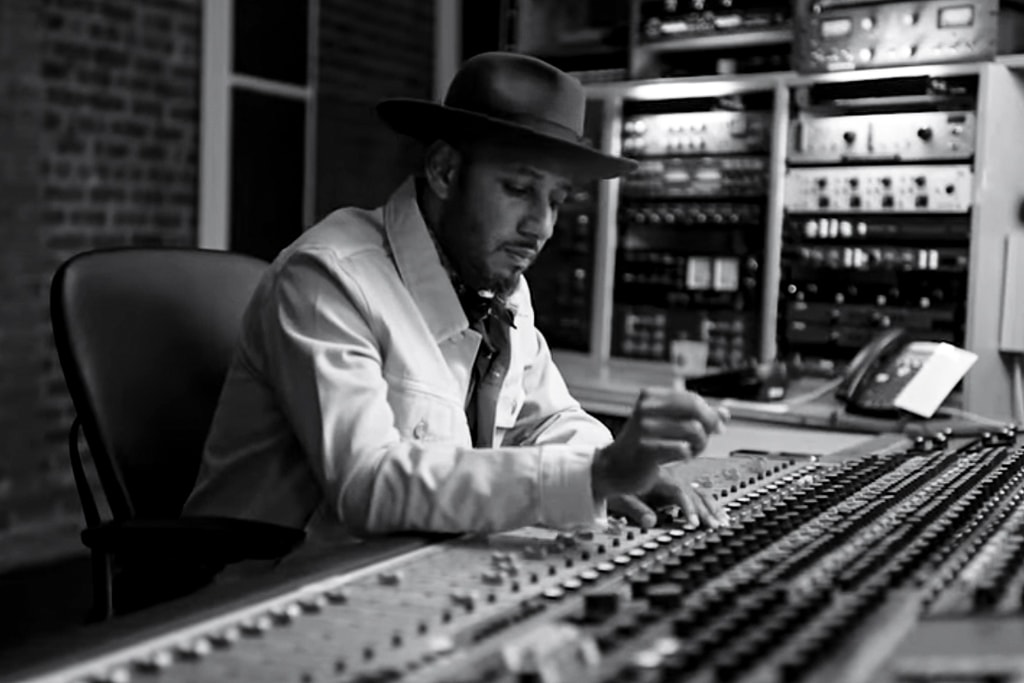How to Pitch Your Songs to Anyone in the Music Industry
Pitching songs (playing songs for publishers, artists or record label people in hopes of getting them to record or help you get a song recorded), is one of the areas where songwriters make the most mistakes. And, those mistakes can be costly. You don’t get too many chances to make a good impression before you are put on the “burned bridge” list. Here are some of the important dos and don’ts to remember when you pitch songs.
Do’s of pitching songs.
Make sure that your song fits what the artist is looking for VERY closely. “In the ballpark” is not close enough. You want to pitch songs like someone shooting a rifle, not a shotgun. The idea here is not just to throw something out and see if it sticks. You want to give them precisely what they need (or think they need).
Make sure your song is competitive. If your song sounds like an amateur wrote it, then it will be tossed out and they’ll remember your name with a scarlet “A” beside it. When you pitch songs, you are competing against the big boys. Your song should hold up against everything they are being pitched or you shouldn’t have pitched it.
Keep your pitches to a minimum. Unless someone specifically asks you for more, pitch 1-2 songs at a time. Again, think rifle, not shotgun. Pick your best two shots for that artist and pitch away. If they like what you send, they may ask for more.
Make your presentation business-like. Don’t hand-write the labels on the CD in sharpie. Make your presentation just as good as the publishers that are pitching.
Start small. If you’ve never had a cut on a major artist, the chances of you getting one are REALLY slim. Your chances are much better with newer, less established artists. Major artists get pitched thousands of songs for each album. Newer artists get pitched hundreds. Which pile would you rather be in?
Don’ts of song pitching.
Never send unsolicited CDs or pitches of any type. Always get permission before sending. I do that, even though almost everyone knows me. It’s the polite, best way to do business. Call or e-mail and ask permission to send 1-2 songs. Most people will let you do that. Doing things the right way goes a long way.
Don’t put 20 songs on a CD. That will get tossed in the trash. So will 10. Probably 5. Dropping off a CD loaded with songs screams “I have no idea what I’m doing and no idea what you need, so I’m just sending everything I’ve got.” Don’t be that guy.
Don’t Irritate the person you are pitching to. Drop it off, be courteous, and leave. Don’t hang around yakking. And don’t e-mail them the following day asking what they thought of your songs. If they like them, they will contact you. I promise. Generally, you don’t want to contact them after you drop off the pitch. They don’t have time to everyone that sends them something they aren’t interested in. Drop it off and move on. If they contact you, great! If not, that means “no”.
Don’t Brag or name drop. The people you are pitching to don’t care who you know or what names you can drop. Don’t talk about who you write with or who liked your songs. Other people don’t have anything to do with the quality of your writing. Let your songs speak for themselves, don’t try to brag your way to the top. Doing so places you in the “amateur club” once again. Also, NEVER say the words “My songs are better than the ones on the radio”. EVER. Professionals in the business have heard that said ten thousand times and it has never once been true. People who write better songs than the ones on the radio don’t say that. So, if you find those words coming out of your mouth, stop them in their tracks.
Never complain and whine to the people you are pitching to. If you tell them how hard the business is, how no one will listen to your songs, and other “woe is me” type statements, you’ll get shown the door promptly. People only want to work with hardworking, positive people. Those people don’t complain and whine. They’re too busy working.
Don’t pitch any song that isn’t amazing. Just don’t. Pitching it will hurt you FAR more than it will help you.
I suggest getting professional feedback on a song before you pitch it on the open market. If you get professional feedback that the song is pitch ready, you can start pitching it without worrying about burning a bridge. Make sure your song is ready. Make sure it’s commercially competitive. And make sure it fits what the artist is looking for precisely. Then, and only then, should you pitch it.




Post a Comment